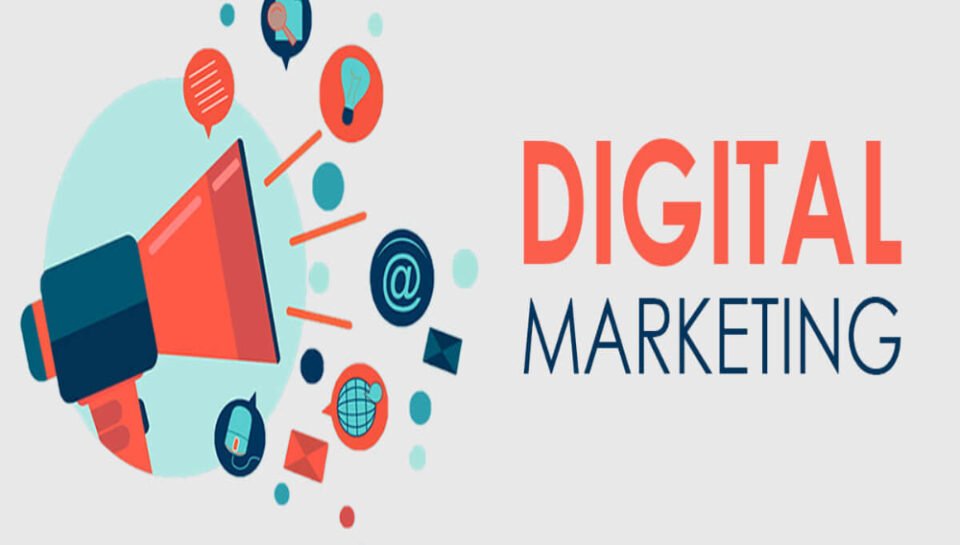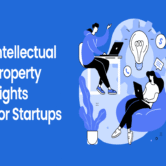
Introduction to strategic roles of digital marketing in IT companies
Introduction
In today’s hyper-connected business landscape, IT companies are leveraging digital marketing not just as a tool for promotion, but as a strategic driver for business growth, innovation, and competitive edge. Unlike traditional industries, IT firms operate in a fast-paced environment where the pace of change is rapid and customer demands evolve constantly. This makes digital marketing not only relevant but crucial for aligning customer needs with technological capabilities. Strategic digital marketing ensures that IT companies reach the right audience, deliver tailored messaging, build long-term brand equity, and support their business development efforts effectively.
Enhancing brand visibility in competitive markets
The IT industry is saturated with startups, enterprises, and solution providers offering overlapping services. To stand out, digital marketing plays a pivotal role in enhancing brand visibility through search engine optimization, pay-per-click advertising, and influencer engagement. Creating a distinct digital footprint enables IT companies to position themselves as industry leaders. Consistent online presence across channels like LinkedIn, Twitter, and YouTube increases recall and fosters brand recognition, helping businesses gain traction even in highly competitive markets.
Supporting lead generation and nurturing
Strategic digital marketing empowers IT firms to implement targeted lead generation campaigns. Through gated content, whitepapers, landing pages, and lead magnets, companies can attract prospects and initiate customer relationships. Marketing automation tools then assist in nurturing these leads through personalized emails, behavior-based messaging, and re-targeting techniques. This structured approach helps IT businesses build pipelines with high-quality leads, reducing acquisition costs and enhancing conversion rates.
Driving content-driven thought leadership
For IT companies, demonstrating subject matter expertise is crucial. Content marketing offers a strategic avenue to share insights, case studies, technical blogs, webinars, and videos that showcase domain knowledge. This not only establishes authority but also helps in gaining trust among potential clients. A thought leadership strategy, when combined with SEO and analytics, boosts credibility and reinforces the brand’s presence in specialized technology sectors like AI, cloud computing, or cybersecurity.
Accelerating product marketing and go-to-market strategies
Launching a new software product or IT solution requires a comprehensive go-to-market (GTM) plan. Digital marketing plays a vital role in creating awareness, educating users, and driving adoption. Strategic campaigns via email marketing, paid ads, explainer videos, and webinars are used to highlight unique selling propositions. Timely feedback from analytics helps teams refine their message and understand user sentiment, enabling rapid iteration of marketing content and delivery mechanisms.
Optimizing customer experience and engagement
Digital marketing channels offer real-time interaction and personalized communication, essential for improving customer experience. Chatbots, personalized email workflows, and AI-driven recommendation engines allow IT firms to deliver tailored solutions and content. Monitoring customer journeys across touchpoints helps businesses respond to issues proactively, build loyalty, and encourage upsells and renewals. Strategic engagement ensures a seamless experience that aligns with the company’s service and support objectives.
Leveraging data and analytics for decision making
One of the strategic strengths of digital marketing in IT companies lies in its data-centric nature. Campaign performance, user behavior, conversion funnels, and content interaction can all be monitored and analyzed using tools like Google Analytics, HubSpot, and SEMrush. These insights allow marketing teams to make informed decisions, allocate budgets more efficiently, and prioritize tactics that yield the highest ROI. Data-driven marketing contributes directly to better forecasting, planning, and optimization.
Supporting global outreach and scalability
IT companies often serve clients across multiple geographies. Digital marketing eliminates physical boundaries and enables global outreach through multilingual content, region-specific campaigns, and international SEO practices. Platforms like Google Ads and Facebook Business Manager allow geo-targeting with pinpoint precision. This global reach helps IT companies scale rapidly while maintaining localized communication that resonates with diverse audiences.
Strengthening partner and B2B ecosystems
Digital marketing also plays a role in building and strengthening B2B relationships and strategic alliances. By showcasing joint ventures, co-branded solutions, and collaborative webinars, IT firms can highlight synergy and build credibility within their partner ecosystem. LinkedIn campaigns, case study videos, and thought leadership blogs further support outreach to decision-makers and influencers in partner organizations, amplifying trust and mutual value.
Enhancing employer branding and talent acquisition
Top IT talent often evaluates a company’s online presence before applying. Strategic digital marketing helps position the company as an employer of choice through employer branding initiatives. Showcasing culture, employee stories, projects, and innovations on platforms like LinkedIn, Glassdoor, and Instagram attracts potential candidates. Recruitment campaigns, combined with performance analytics, support HR teams in hiring skilled professionals faster and more effectively.
Conclusion
Digital marketing has evolved into a critical strategic asset for IT companies, touching every aspect from lead generation to global expansion. Its role extends beyond brand promotion, offering tools for analytics, engagement, recruitment, and customer success. By embedding digital marketing into the strategic framework, IT businesses can stay agile, data-driven, and customer-focused. Whether launching a new product, scaling operations, or nurturing industry partnerships, the right digital marketing approach ensures that IT companies remain competitive, innovative, and relevant in an ever-changing digital ecosystem.
Hashtags
#digitalmarketing #itmarketingstrategy #techbranding #leadgeneration #contentmarketing #seo #sem #b2bmarketing #productmarketing #customerengagement #marketingautomation #emailmarketing #marketinganalytics #globalmarketing #datadrivenmarketing #thoughtleadership #digitaltransformation #marketingtools #socialmediamarketing #cloudmarketing #aitechnology #brandingforit #inboundmarketing #itcompanygrowth #strategicmarketing





